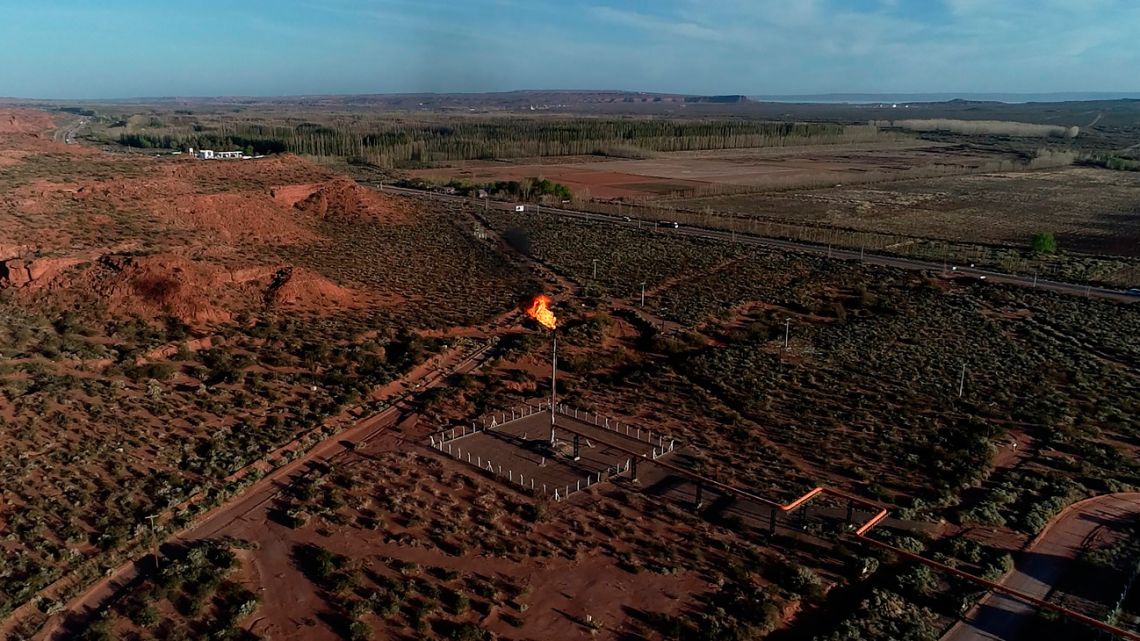The National Electric System Operator (ONS) of Brazil reported inconclusive results from recent tests to resume energy imports from Venezuela.
The tests, conducted from January 13-17, 2025, aimed to evaluate the 230 kV Boa Vista – Santa Elena transmission line. This line connects Venezuela to Brazil’s northernmost state of Roraima, which remains isolated from the national grid.
The ONS adopted specific quality parameters for frequency and voltage during the tests. They also performed dynamic evaluations of observed disturbances. However, more information and analyses are needed for a definitive conclusion.
The operator held technical meetings with Venezuela‘s state energy company Corpoelec from January 13-21, 2025. Brazil’s government approved a proposal by Bolt Energy to import up to 15 MW of power from Venezuela.
The estimated cost is R$1,096.11 per megawatt-hour. This could potentially save up to R$500,000 (US$80,000) daily compared to current thermoelectric generation in Roraima.
 Brazil’s Energy Imports from Venezuela Face Setback. (Photo Internet reproduction)
Brazil’s Energy Imports from Venezuela Face Setback. (Photo Internet reproduction)Venezuelan electricity is cheaper than Roraima’s thermal power plants that rely on subsidized fuel. Roraima’s isolation from the national grid forces it to depend on expensive local thermal generation.
Brazil’s Energy Policy
This drives up energy costs nationwide. The Fuel Consumption Account subsidizes Roraima’s power, adding charges to all Brazilian electricity bills. Connecting Roraima to the national grid through the Tucuruí transmission line is expected by July 2025.
The Lula administration has worked to restart energy trade with Venezuela for over a year. Former President Bolsonaro halted imports in 2019 amid worsening bilateral relations. Resuming energy cooperation signals improving ties between the two countries.
However, the inconclusive test results highlight technical challenges in reactivating long-dormant infrastructure. Brazil aims to enhance energy security while potentially lowering costs for consumers.
Critics argue the move increases dependence on a politically unstable neighbor. Supporters counter that it provides a cost-effective solution to Roraima’s energy needs. The outcome of these tests may shape Brazil’s energy policy and regional relationships in the coming years.

 By The Rio Times | Created at 2025-01-23 18:03:29 | Updated at 2025-01-23 23:13:31
5 hours ago
By The Rio Times | Created at 2025-01-23 18:03:29 | Updated at 2025-01-23 23:13:31
5 hours ago








